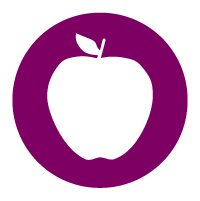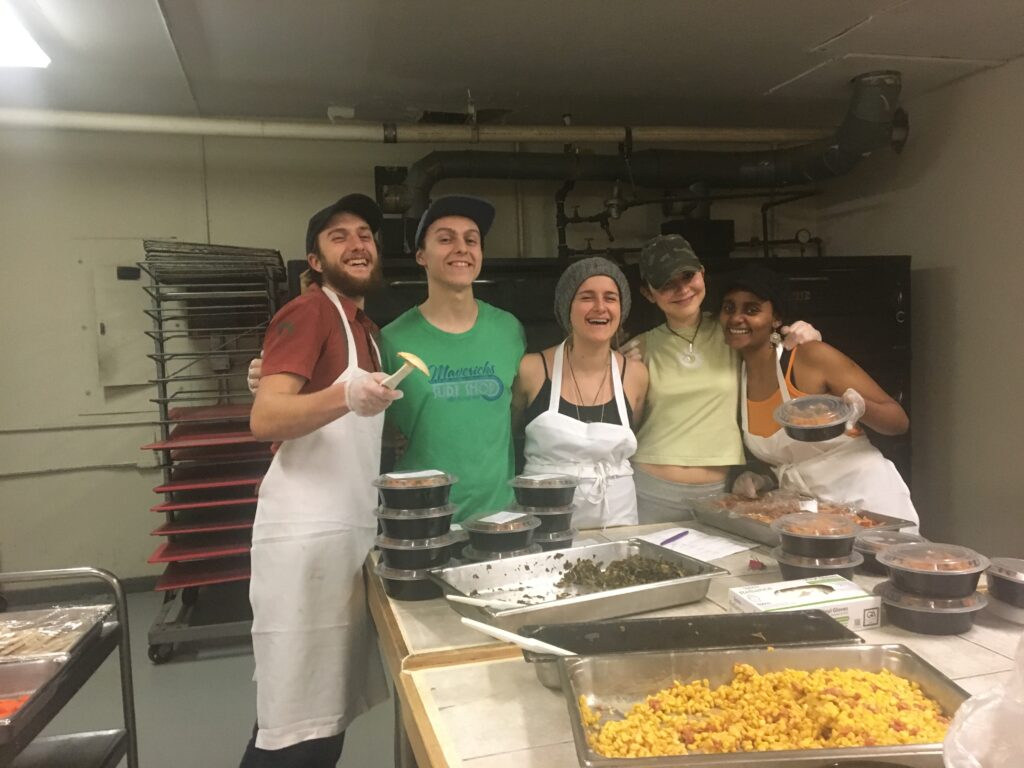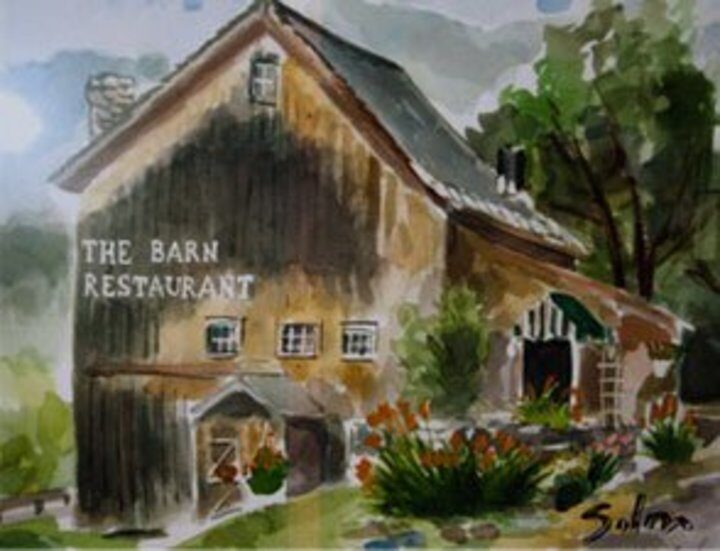
Overview
Businesses such as restaurants, bakeries, and markets often have excess food going to waste which can be donated instead! This page describes the benefits and liability protections to food donors, along with some examples of businesses already practicing food donation.
What are the benefits of donating food?
About 10% of Vermonters (64,370 people) are food insecure, meaning they don’t have regular access to nutritious food (Hunger Free Vermont). While donating food is not a solution to poverty, it can provide aid to those in need and reduce waste. Direct benefits to businesses donating food: -Save Money: Removing food waste from trash, will reduce the weight, cost and frequency of trash pickups. Additionally, food donations are federally recognized tax deductible charitable contributions for non-C corporations. Click the following link for more information on tax deductions. -Public and employee relations: Businesses and organizations receive positive publicity from the local community for food donations and community involvement. We will welcome companies to share success stories on our Facebook or submit for sharing on our website. Additionally, chefs and other employees are much more fulfilled knowing the food they make is eaten by people instead of being sent to the landfill.
Implementing Changes in Your Business
- Familiarize yourself with the Dept. of Environmental Conservation Donation Guidance for Businesses and Institutions.
- Find and contact a local food shelf or other hunger-fighting organization to learn what donations are acceptable.
- Meet with staff to decide when to pilot the food recovery project. Ensure that everyone is familiar with Hazard Analysis and Critical Control Points (HACCP) guidelines and/or ServSafe certified as a food handler.
- Pilot food recovery with a small amount of excess production at first. Then, work your way up to donating as much as the donee is able to handle. Label those dates on perishable food!
- Make sure to track your food donations including date, amount, type of food, stable temperature, and donation location.
The Basics of Food Donation
- No need to worry about the liability of donating good food, you’re protected by Federal and State laws!
- Need a break? Food donation is considered a charitable contribution for tax deductions.
- It’s as simple as contacting a local food shelf, and following the state guidance for donating food safely.
- Hop on the bandwagon! There are other places donating food in Rutland County.

Universal symbol for Food Donation: Dept. of Environmental Conservation
Walk through the requirements based on different types of food.
SUCCESS STORIES: FOOD RECOVERY IN RUTLAND COUNTY
Green Mountain College Dining Hall

In October of 2017, Green Mountain College students in Poultney began a project to donate surplus food to the local community. Excess production is cooled to and stored below 41° F by dining hall staff, then is packaged as individual meals and delivered by volunteers. The food is made available at the Young at Heart Senior Center, where seniors can take home the meals to reheat for other meals. There were over 750 pounds of food recovered and donated from the dining hall from October to December of 2017.
The Barn Restaurant, Pawlet

A small restaurant and tavern on Route 30 in Pawlet, Vermont, The Barn uses connections with the local community to ensure that food doesn't go to waste. All of the kitchen scraps are taken to feed chickens and pigs that the staff raise. The Barn also caters some events, and the leftover food is taken to the Pawlet firehouse by employees who have selflessly volunteered to drop the food off on their way home from working at the restaurant. The food is stored in a freezer and is then taken to the Open Door Mission in Rutland by a volunteer firefighter.
Clarendon Elementary School
Clarendon Elementary School had an idea to reduce their trash costs and environmental impact by composting post-consumer food scraps. The staff have already been taking excess food from the kitchen to feed their farm animals at home. They weren't sure how to start a compost system, so they called Rutland County Solid Waste District. Compost Carl, the outreach specialist, walked them through the process, and taught the students, staff and teachers what goes in the compost bin! For help starting composting at your business, school or organization, contact outreach@rcswd.com
Feature your business on this page!
Email outreach@rcswd.com, or call Brian at (802) 775-7209 x206 to tell us about your business's food donation and composting practices.
